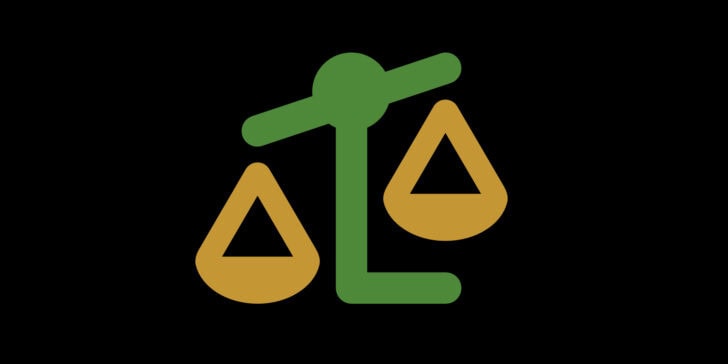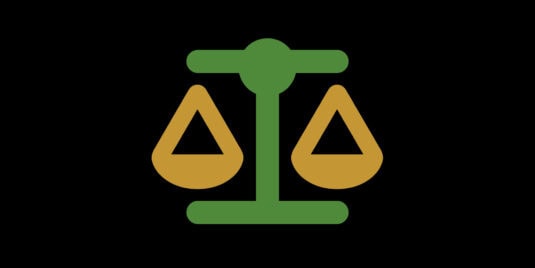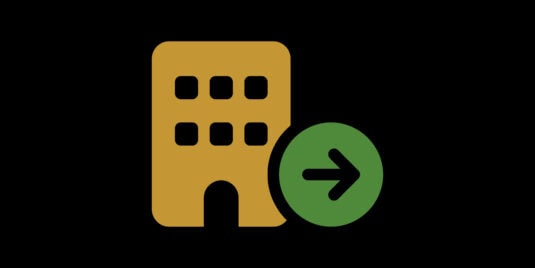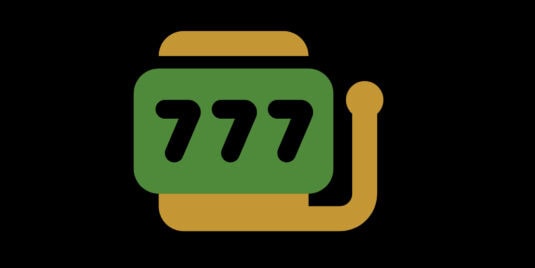In June 2023, former Fliff player Bishoy Nessim took the social sportsbook to court in a class action lawsuit in California. The disgruntled player claimed he lost over $7,000 and sought $7 million in damages after accusing Fliff of running an illegal online sportsbook.
Implications of the Fliff Class Action Ruling in California
Nessim’s argument was that Fliff is masquerading as a free-to-play online sportsbook, and the only way to win cash prizes is by spending money purchasing virtual tokens known as gold coins. If true, this would be a violation of state and federal gambling laws.
However, the legal case fell apart when, on January 5, 2024, district court judge Sunshine Sykes said the case must be settled by arbitration. She noted that Fliff players waived their ability to take legal action when they agreed to the site’s terms and conditions.
Fellow Fliff Players Blocked From Participating in Class Action
As the case moves to arbitration between Nessim and Fliff, his lawyers have stated that “hundreds if not thousands” of other Fliff players are prevented from joining the class action. The social sportsbook will not face any further legal action and can continue offering its services to California players.
The arbitration will be solely between Nessim and Fliff. Both sides will present their cases and evidence. Then, an impartial arbitrator will decide whether Nessim is entitled to any compensation. It remains to be seen if the former player will receive any compensation, as he comes off as a sore loser attempting to free-roll Fliff. It seems unlikely he would have sued the social sportsbook if his wagers had been successful.
Judge Sykes Is Sympathetic to Player’s Arguments But Ultimately Sides With Fliff
Nessim and his lawyers argued that Californians can’t sign away their rights to pursue legal action. At the same time, Fliff stated that Nessim had agreed to its terms and conditions, which clearly stated that all disputes would be settled via arbitration rather than through the court system.
Nessim strategically chose to sue Fliff in California due to the case of Armendariz v. Foundation Health Psychcare Services, Inc., where the California Supreme Court decided that an arbitration agreement doesn’t limit plaintiffs seeking restitution or compensation for legal costs.
Judge Sykes disagreed and believed Nessim was misrepresenting the decision. She said, “The quote is not made in relation to a discussion of substantive unconscionability. Rather, it is made in analyzing whether an arbitration agreement’s limitation of remedies in Fair Employment and Housing Act actions specifically renders the arbitration agreement contrary to public policy and thus unlawful.”
Nessim and his lawyers then went on to argue that Fliff’s business model did comply with California’s sweepstakes regulations. He stated that as Fliff was offering its services in California, it should follow state law. However, the social sportsbook pushed back and said it is registered in Pennsylvania and its business model complies with PA sweepstakes regulations.
Judge Sykes agreed that it was unfair that Fliff was able to claim a connection with Pennsylvania, allowing the social sportsbook to operate under PA law. She said that there was a substantial relationship between Pennsylvania and the Parties.
What Does the Ruling Mean For Social Sportsbooks in the US and California?
The ruling means that Fliff and other social sportsbooks are currently shielded from legal action brought against them by players. The ruling deters other players from suing Fliff and further legitimates its operation. For the time being, Fliff’s sweepstakes model remains valid, and Californians can continue to make sports predictions and win cash prizes despite the fact that online sports betting remains illegal.
It’s important to note that the court hasn’t ruled Fliff’s business model to be legally valid. The decision by Judge Sykes to compel arbitration simply prevented its operation from being legally challenged. Social sportsbooks are still operating in a gray area but are not in violation of California law.
The legal headaches aren’t over for Fliff yet. Ohio is cracking down on unregistered sportsbooks and daily fantasy sites, and Fliff is firmly in its crosshairs. The social sportsbook is definitely feeling the heat and has already placed restrictions on players from Ohio, including blocking deposits.
What Is the Future of Social Sportsbooks in the US?
Social sportsbooks are being challenged by legal online sportsbooks and increased government regulation. A major appeal of social sportsbooks like Fliff is their ability to operate in states where sports betting is prohibited. Currently, Fliff offers cash prizes in 40+ states, including Texas and California.
However, as more and more states legalize online sports betting, it is inevitable that players will dump social sportsbooks and migrate to the likes of DraftKings and FanDuel. Also, just a few years ago, the sweepstakes casino and social sportsbook industry was the Wild West with little to no regulation. But unfortunately for Fliff, regulators have started taking notice and clamping down.
Players from Hawaii, Idaho, Nevada, and Tennessee already can’t win cash prizes at Fliff. And now players from Alabama, Georgia, Iowa, Indiana, Kentucky, Louisiana, Michigan, Minnesota, Mississippi, Ohio, and South Carolina are seriously restricted from earning cash prizes because they can’t receive fliff cash when purchasing fliff coins. Don’t be surprised if more states get added to that list in the not-too-distant future.
Fliff may have dodged a legal case in California and can continue to operate in the Golden State, however, it faces increased regulatory pressure nationwide. Authorities have cottoned on to its business model and don’t appreciate them trying to sidestep sports betting regulations.









